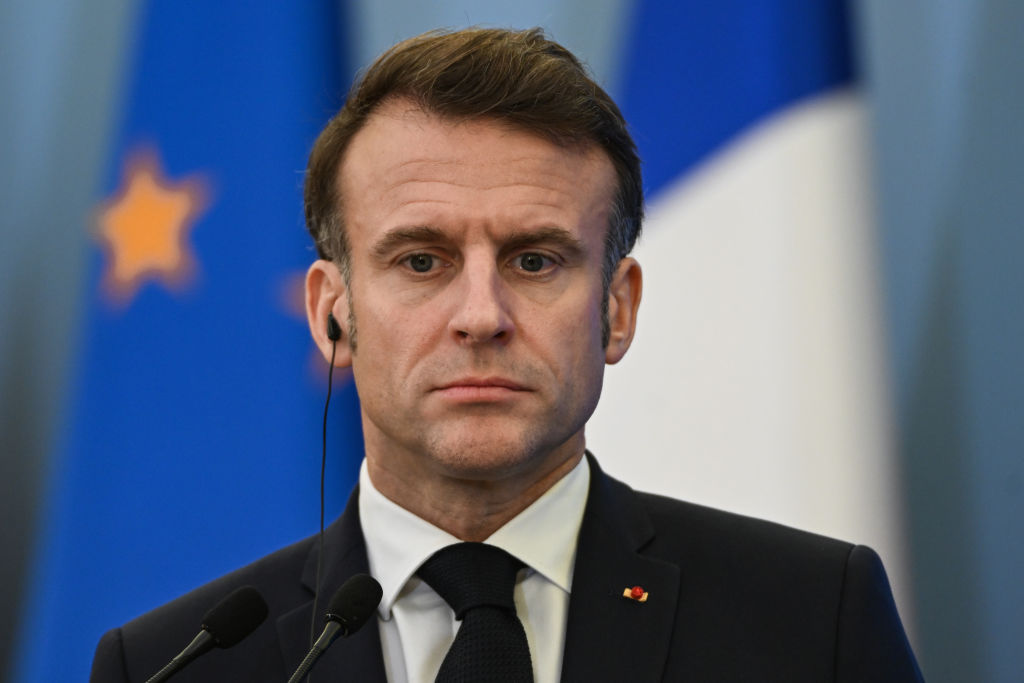This year, the French have had four prime ministers, the latest being the veteran centrist François Bayrou. Having replaced Michel Barnier only last week, Bayrou might have expected a period of grace. Instead he finds himself at the centre of a raging controversy. The issue is his other job as mayor of Pau — a small city near the Pyrenees. Though it is common in France for national politicians to simultaneously serve as mayors, prime ministers typically relinquish the local role. But not Bayrou who, perhaps sensing that his days as PM are numbered, has declined to resign his mayoralty.
It didn’t take long for this to become a major problem. On Saturday, Cyclone Chido hit Mayotte, a French island territory in the Indian Ocean, devastating the island and killing 58 people. Despite its location, Mayotte is fully incorporated in France as an overseas department. As head of the French government, Bayrou should have flown out to offer support, but instead he flew back home to attend a council meeting in Pau.
The French public was less than impressed. An Ifop-Fiducial poll published yesterday found that 64% of the country is dissatisfied with Bayrou’s appointment as prime minister, while 67% expect him to face a censure motion in the National Assembly — just like the one that precipitated Barnier’s resignation.
In combination, the Left-wing and Right-wing opposition parties have a majority in the National Assembly and could, in theory, bring down President Emmanuel Macron’s prime ministers on a weekly basis. In practice, that would make France — and themselves — look ridiculous. Marine Le Pen in particular needs to watch her step. To have a chance of winning the 2027 presidential election, she must radiate responsibility. That’s why Bayrou’s disastrous debut is a big deal: it brings forward the moment at which Le Pen can strike without looking like a constitutional vandal.
French politics at the moment resembles No Exit, the Jean-Paul Sartre play in which three mutually antagonistic individuals are damned to spend an eternity together. The same could be said of the Leftist, centrist and Rightist blocs in the National Assembly: they can hurt one another, but for the foreseeable future there’s no way of breaking the deadlock.
What makes Macron’s personal torment all the worse is that he appears to have options. For instance, if Bayrou falls the President could appoint another centrist candidate — and, if necessary, another one after that. Eventually, that would get him to the minimum one-year interval at which the National Assembly could be dissolved again. Fresh elections would bring the hope that his allies might win a majority. Of course, that’s what he tried last year and it didn’t work. It’s very unlikely to work this year either.
A second option would be to appoint a prime minister from Marine Le Pen’s party — most likely Jordan Bardella. However, the original purpose of Macron’s political movement was to keep the populist Right out of power — so why would the establishment agree to a pact with the enemy?
Finally, Macron could resign, forcing an early presidential election. But guess who’s currently in pole position to win such a contest? The twist in the plot of No Exit is that one of the characters eventually finds an open door, but he cannot bring himself to use it. Macron must know how that feels. In France, hell is other politicians.











Join the discussion
Join like minded readers that support our journalism by becoming a paid subscriber
To join the discussion in the comments, become a paid subscriber.
Join like minded readers that support our journalism, read unlimited articles and enjoy other subscriber-only benefits.
Subscribe